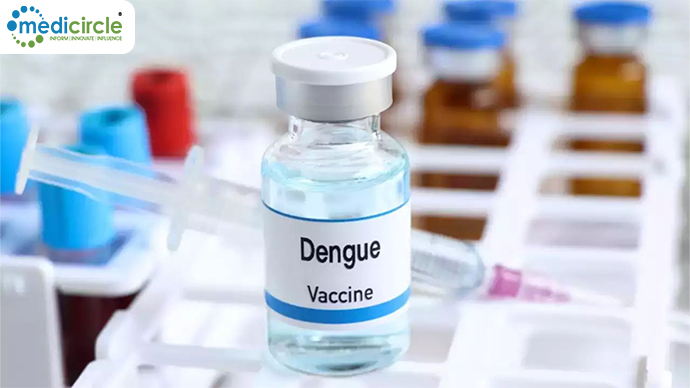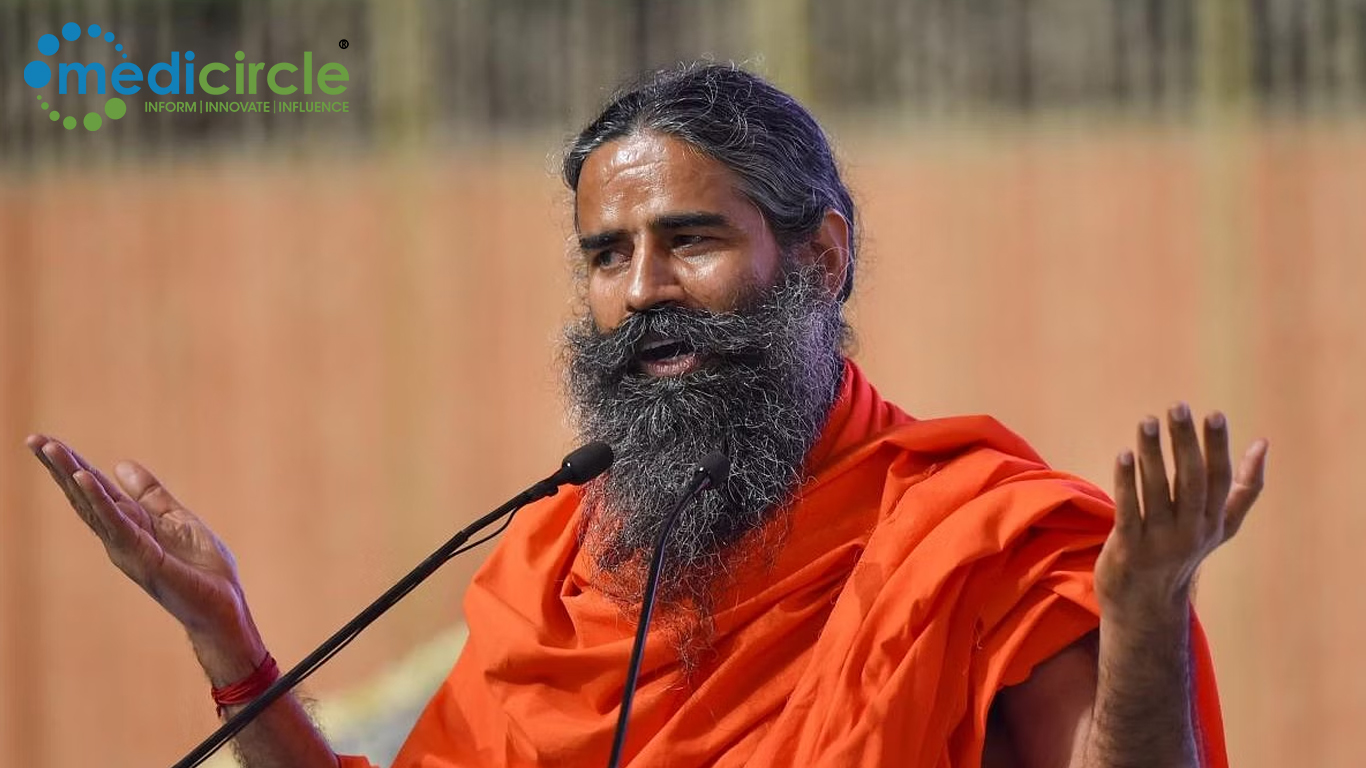Preterm and early term delivery are independent risk factors for premature death in women up to 40 years later, finds a study from Sweden published by The BMJ today.
These findings were not explained by shared genetic or early life environmental factors in families, suggesting that women who deliver prematurely “need long term clinical follow-up for detection and treatment of chronic disorders associated with early mortality,” say the researchers.
Nearly 11% of all deliveries worldwide occur preterm (before 37 weeks of pregnancy). Women who deliver preterm or extremely preterm (22-27 weeks) have been reported to have increased risks of developing conditions such as heart disease or diabetes in later life, but little is known about their long term risk of death.
So a team led by Professor Casey Crump at the Icahn School of Medicine at Mount Sinai in New York, set out to examine the long term mortality associated with preterm delivery in women, and to explore the potential influence of shared genetic or environmental factors within families.
Using nationwide birth records, they analysed data on length of pregnancy for over two million women who gave birth in Sweden during 1973-2015.
Deaths were then identified from the Swedish Death Register up to 31 December 2016 (a maximum follow-up time of 44 years).
Overall, 76,535 (3.5%) of women died, at an average age of 58.
After taking account of many other risk factors, the researchers found that women who delivered preterm or extremely preterm had 1.7-fold and 2.2-fold increased risk of death from any cause, respectively, during the next 10 years compared with those who delivered full term. This equates to around 28 excess deaths per 100,000 person years.
Whereas risks were highest in the first 10 years after delivery and then declined, absolute differences in death associated with preterm delivery increased with longer follow-up times.
For example, there was a 1.5-fold increased risk (equivalent to 48 excess deaths per 100,000 person years) 10-19 years after delivery, and a 1.4-fold increased risk (equivalent to 143 excess deaths per 100,000 person years) 20-44 years after delivery.
Overall, an estimated 2,654 excess deaths in this population were associated with preterm delivery (one excess death for every 73 women who delivered preterm).
Several specific causes of death associated with preterm delivery were identified, including cardiovascular and respiratory disorders, diabetes, and cancer. What’s more, these findings did not seem to be attributable to shared genetic or environmental factors within families.
This is an observational study so can’t establish cause, and the researchers acknowledge some limitations, such as a lack of complete information on spontaneous or medically indicated preterm delivery, and the fact that the results might not be applicable to other countries.
However, strengths included the large sample size and long follow-up time, prompting the researchers to say that premature delivery should now be recognised as a risk factor for early mortality in women that can remain raised up to 40 years later.
“Women who deliver prematurely need long term clinical follow-up for detection and treatment of chronic disorders associated with early mortality,” they conclude.

 Several specific causes of death associated with preterm delivery were identified, including cardiovascular and respiratory disorders, diabetes, and cancer
Several specific causes of death associated with preterm delivery were identified, including cardiovascular and respiratory disorders, diabetes, and cancer







.png)
.png)











.jpeg)







.jpg)




.jpg)





.jpeg)